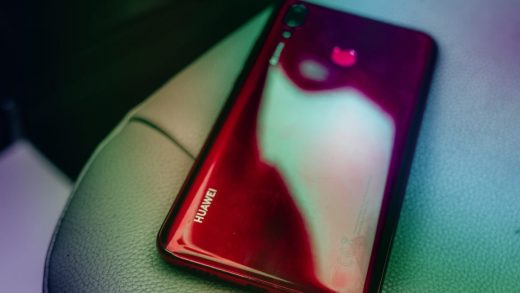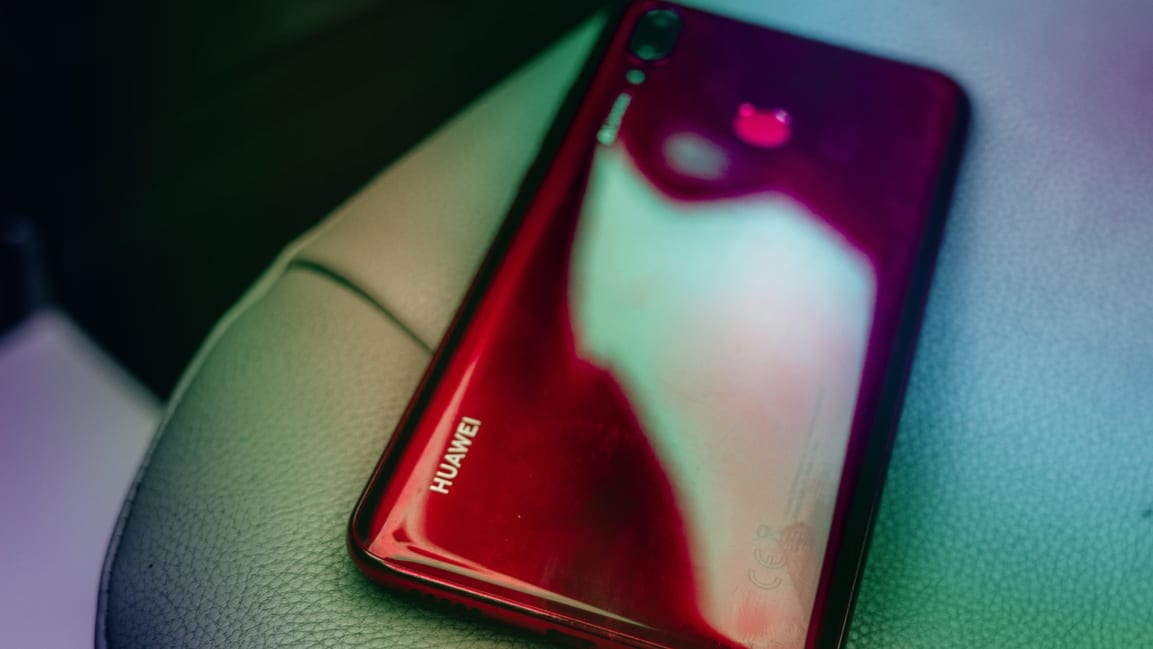Huawei just unveiled HarmonyOS, its answer to Android—and Trump
China’s Huawei has officially unveiled its operating system that has been rumored to be the company’s replacement for Android on its smartphones. Called Hongmeng in China, in the rest of the world the operating system will be known as HarmonyOS. Announcing the OS at the company’s Developer Conference, Huawei’s Consumer Business Group CEO Richard Yu boasted that HarmonyOS is both safer and faster than Android.
HarmonyOS is also more versatile than Android because it’s been designed to be deployed on multiple devices including smart speakers, wearables, and in-car systems. Android developers will also be able to port their apps over to HarmonyOS using Huawei’s ARK compiler. Huawei says HarmonyOS will launch on “smart screen products” later this year, before moving to other devices over the next three years.
A modularized #HarmonyOS can be nested to adapt flexibly to any device to create a seamless cross-device experience. Developed via the distributed capability kit, it builds the foundation of a shared developer ecosystem #HDC2019 pic.twitter.com/2TD9cgtdG8
— Huawei Mobile (@HuaweiMobile) August 9, 2019
Yu didn’t mention current plans to put HarmonyOS on its smartphones, but he said that when Huawei can no longer access Google’s Android ecosystem, it can deploy HarmonyOS “at any time.” And that is likely the factor that gives HarmonyOS the most importance for Huawei. HarmonyOS isn’t so much about being an Android competitor for the sake of it—rather, Huawei’s HarmonyOS is a Donald Trump competitor.
Back in May, the Trump administration put Huawei on the Entity List, which bans U.S. companies from supplying Huawei with software, parts, and services. When that happened Google suspended the company’s Android license. And just (August 16, 2019), Bloomberg reported that the White House is holding off on a decision about licenses for U.S. companies to restart business with Huawei due to mounting trade tensions with China.
If U.S.-China trade tensions don’t alleviate and the U.S. government doesn’t relent on banning U.S. companies from providing services to Huawei, locking the company out of the Android ecosystem for good, HarmonyOS is Huawei’s hail mary to keep its smartphone business alive. But one also wonders if HarmonyOS’s creation could be the beginning of the Balkanization of smartphones, with it, in the years ahead, becoming the dominant mobile OS in China?
Fast Company , Read Full Story
(20)



